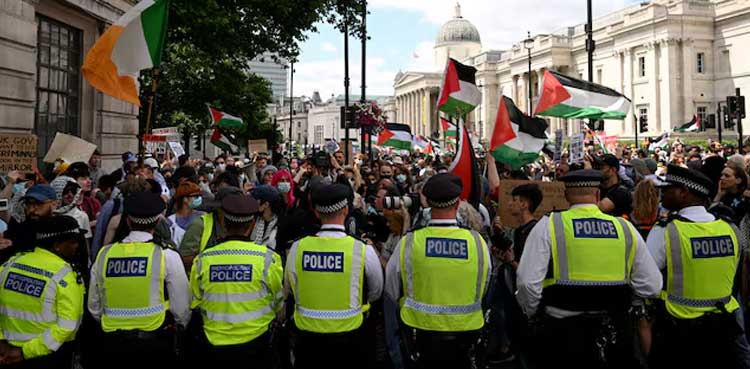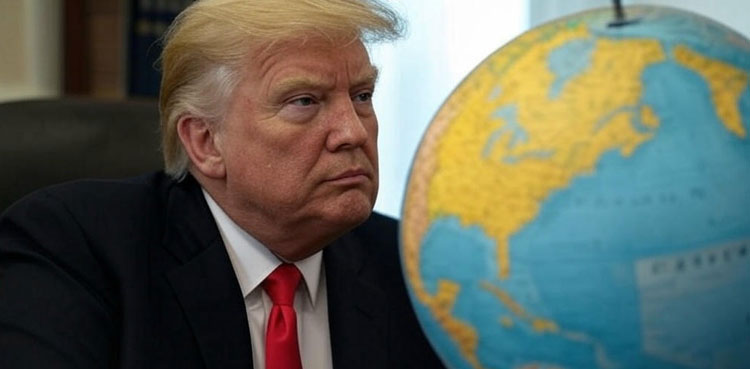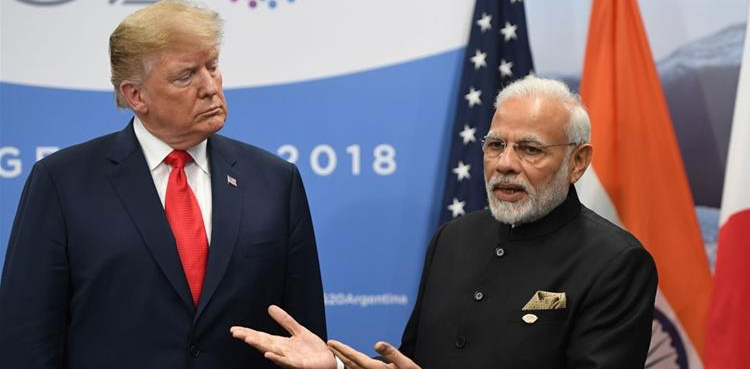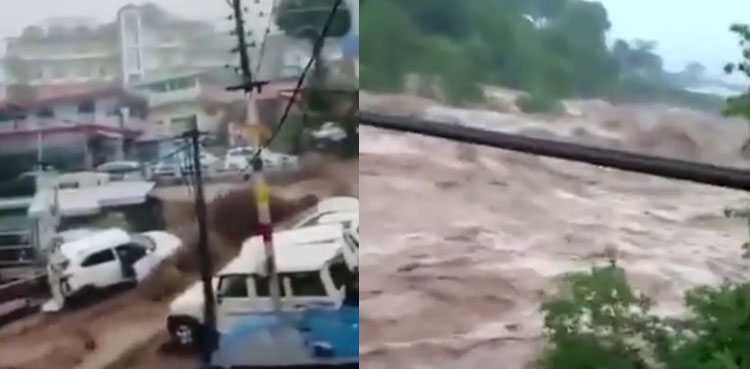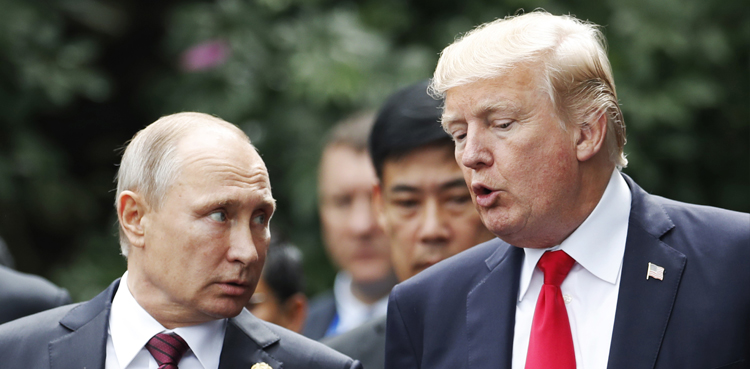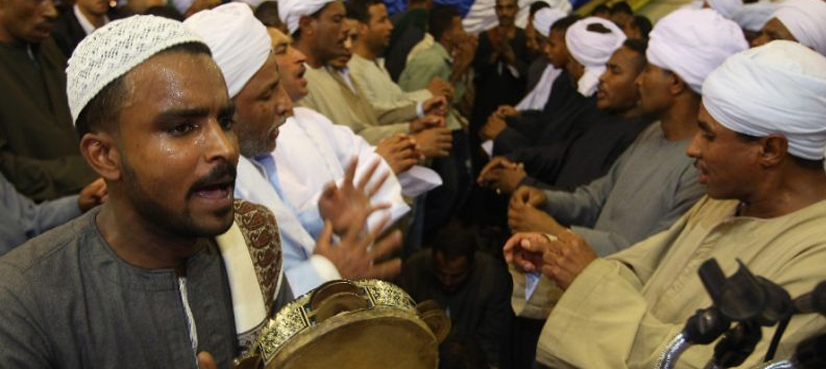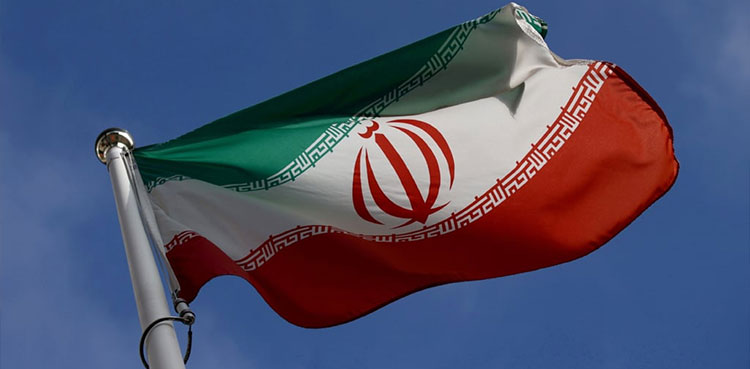LONDON: Pensioner Marji Mansfield never imagined she would end up suspected of terrorism for protesting against the banning of a pro-Palestinian group.
But the British grandmother was arrested on July 5 for joining a demonstration in support of Palestine Action just days after it was added to the UK government’s list of proscribed organisations.
“It’s a terrible shock to be accused of potentially being a terrorist,” said Mansfield, 68, who described herself as a “proud grandmother” of seven.
She “was never politically interested,” the former banking consultant from the southern town of Chichester told AFP. “I just worked hard, raised my family, lived an ordinary life.”
In early July, the UK government banned Palestine Action under the UK’s Terrorism Act, after activists broke into an air force base in England and damaged two aircraft.
Since then, the campaign group Defend Our Juries has organised protests around the country to challenge the ban, described as “disproportionate” by the United Nations rights chief.
More than 200 people have been arrested, according to Tim Crosland, a member of Defend Our Juries. They risk prison sentences of up to 14 years.
A new demonstration in support of the group, which was founded in 2020, is planned on Saturday in London. Organisers expect at least 500 people to turn up, and police have warned all demonstrators could face arrest.
People “don’t know what the nature of this group is,” interior minister Yvette Cooper has said, claiming that “this is not a non-violent group”.
But Palestine Action co-founder Huda Ammori has launched a court bid to overturn the ban and a hearing is set for November.
‘Not terrorists’
Mansfield has long supported the Palestinian people, but the start of the current war, sparked by Hamas’s attacks on Israel on October 7, 2023, galvanised her into action.
“When it started happening again … it was the most horrible feeling, that children’s homes were being blown up, that their schools were being destroyed,” she said.
For Mansfield, the Palestine Action ban was the final straw, fuelling her feelings that the government was silencing her political views.
The night before attending the July demonstration, Mansfield said she was “terrified”. But she did not change her mind.
Images on British media showed her being moved by several police officers after she refused to get up from the pavement. An 83-year-old woman was by her side.
Mansfield spent 12 hours in custody, and is now banned from parts of London, meaning she cannot visit some museums with her grandchildren as she would like to do.
“It was just ordinary people,” said Mansfield. “We came from all backgrounds … we’re not terrorists.”
‘Civil liberties’
Alice Clark, a 49-year-old doctor, also does not regret attending the protest where she was arrested in London on July 19.
“Nobody wants to be arrested. I just feel that there’s a responsibility,” said Clark, who also accused the government of undermining “our civil liberties”.
Cooper said the ban on Palestine Action was “based on detailed security assessments and security advice”.
The ban says the group’s “methods have become more aggressive” by encouraging members to carry out attacks which have already caused millions of pounds in damage.
But Clark, a former volunteer for medical charity Doctors Without Borders, said she felt “growing disgust and horror” at the images of starving children in Gaza.
The 12 hours in custody after her arrest were a shock. If convicted, she risks losing her licence to practice medicine.
“There were points where I was close to tears. But I think just remembering why I was doing it kind of helped me keep calm,” said Clark.
History student Zahra Ali, 18, was also arrested on July 19, before being released under supervision. None of the three women has been charged.
She is also appalled by the scenes from Gaza.
“The starvation in Gaza, it’s disgusting. And our government isn’t doing anything about that,” she told AFP.
Imagining herself in prison at 18 is “a big thing,” but “if people who are in their 80s can do it, then I can do it,” Ali said.
She also does not describe herself as an activist, but as “a normal person … who decided that what our government is doing is wrong”.
